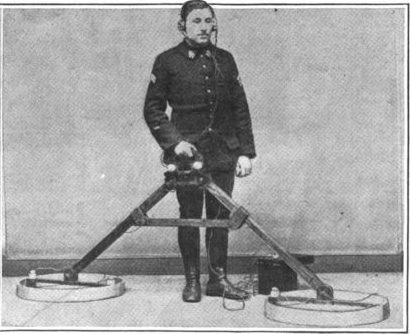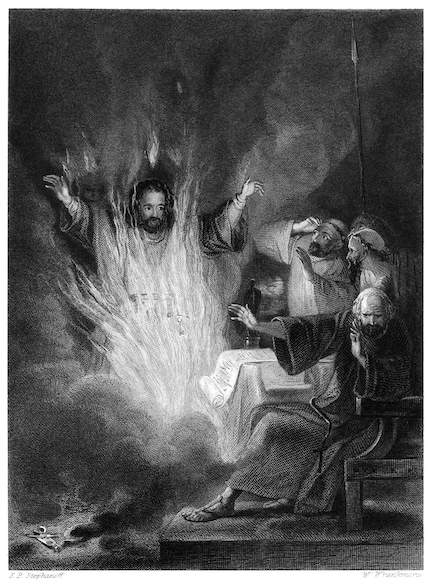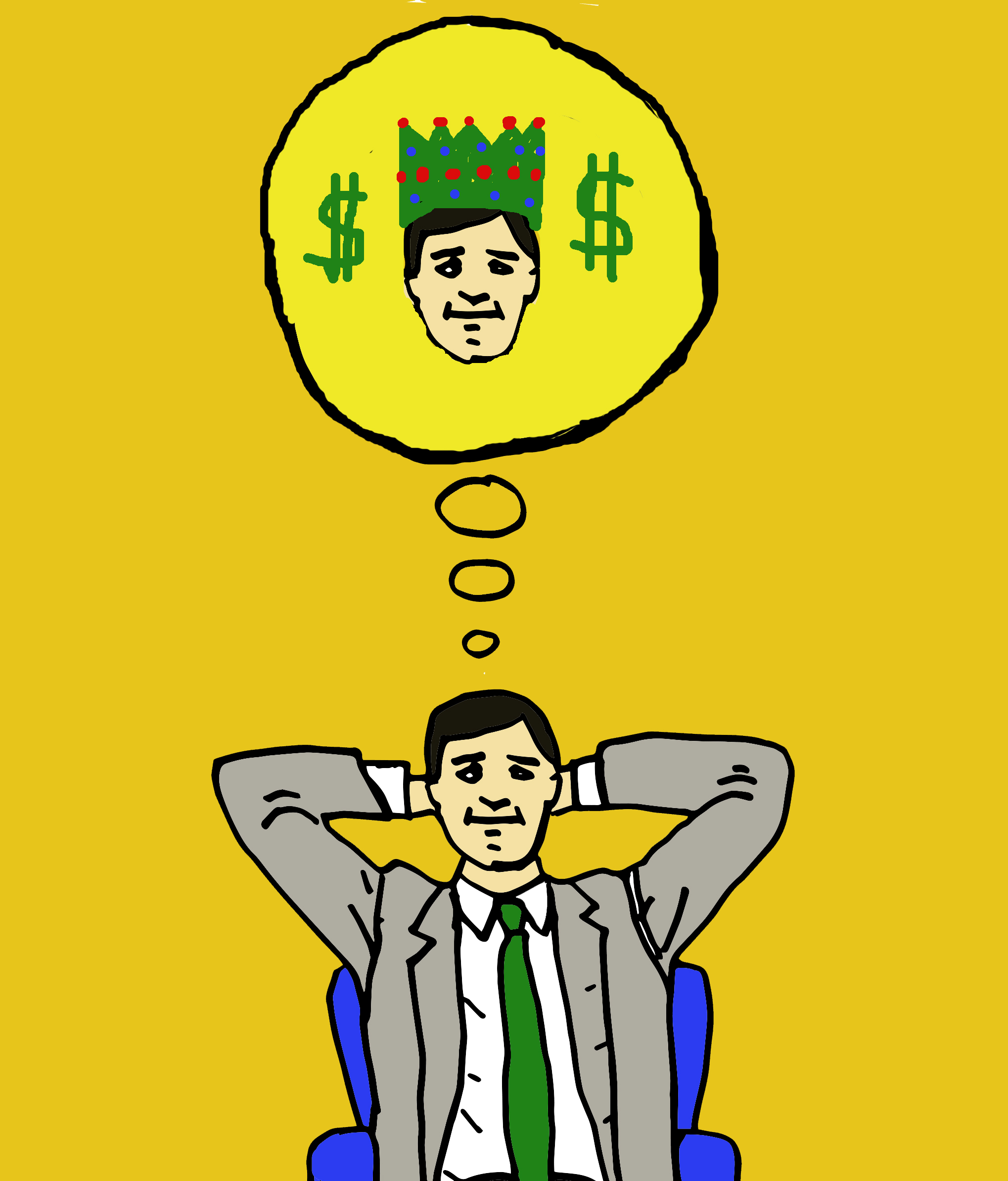It’s only human to want to amass a fortune, and the quicker the better. Anyone that says they’d prefer to scratch out a living and barely make ends meet is what Italians call “un bugiardo.”
Investing in stocks, bonds or crypto is one way to attempt the speedy accumulation of wealth, although as with casinos, it seems the house always wins. We are repeatedly humbled by forces beyond our control, and timing the market only works for government officials, corporate insiders and that neighbor who smugly claims they bought Bitcoin when it was at $100 even though they’re still driving a 2003 Impala.
Playing the lottery can also provide a windfall — though the odds of winning are smaller than a neutrino.* Granted it does promote daydreaming as you imagine the possibility of a better life. But you have no control over those little numbered balls vacuumed from the basket; your two bucks are better spent at the racetrack, where at least you can tear up your ticket while seeing the beauty of horses in full gallop.
Which brings us to an activity that is affordable, offers you exercise and plenty of fresh air, and gives you the opportunity to add to your net worth. And that’s the search for buried treasure. Finding old coins, jewelry and relics from past generations is a heck of lot healthier than sitting around staring at a stock ticker. Why, a 1936 Buffalo nickel is worth more than 100 times it’s value today, and is sure to keep going skyward.*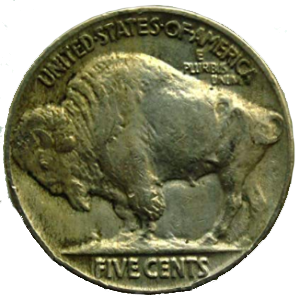
All you need is a sense of adventure and the visual acuity to spot the precious items in your path. Consider Milly Hardwick from Suffolk, England. She was out detecting in a field with her dad Colin, when the 13-year-old made the find of the century. Or make that 130 centuries. The axes and other objects she found date from around 1,300 BCE. Milly turned in the find to official archeologists and is awaiting a giant reward.

Of course, Milly couldn’t have done it without her own metal detector.
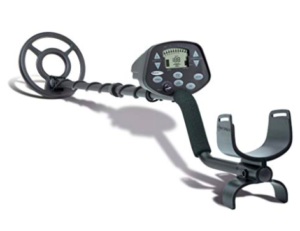 We recommend a lightweight model that’s easy on the back, with enough features to make your search a fortunate one. Having done the research, we prefer the Garrett AT Pro. It’s an all-terrain detector that has 40 different settings to help you uncover various types of ferrous metals. And like the more expensive CTX 3030, the AT Pro is fully submersible up to 10 feet.
We recommend a lightweight model that’s easy on the back, with enough features to make your search a fortunate one. Having done the research, we prefer the Garrett AT Pro. It’s an all-terrain detector that has 40 different settings to help you uncover various types of ferrous metals. And like the more expensive CTX 3030, the AT Pro is fully submersible up to 10 feet.
Venturing outdoors with your metal detector is a reward in itself, leading to aerobic fitness, healthier heart, improved circulation and flexibility, and increased vitamin D levels. Even if you find nothing, you’ve found nature — and she’s the greatest teacher of all.
So take a couple bucks from the clutches of Wall Street and invest in a metal detector. You’ll be glad you did.
*Neutrinos are the smallest massive particles currently measured and catalogued. The average characteristic size is r2 = n × 10−33 cm2 (n × 1 nanobarn), where n = 3.2 for electron neutrino, n = 1.7 for muon neutrino and n = 1.0 for tau neutrino.
**Remember to consult with a numismatic expert before polishing your treasures to a gleaming shine. The value of the old coins you uncover can be destroyed with too much scrubbing and scratching.

